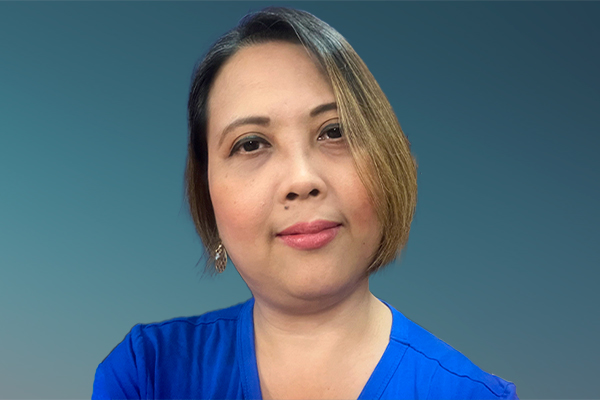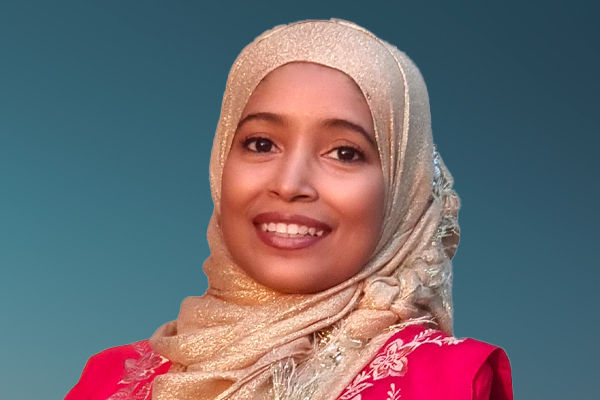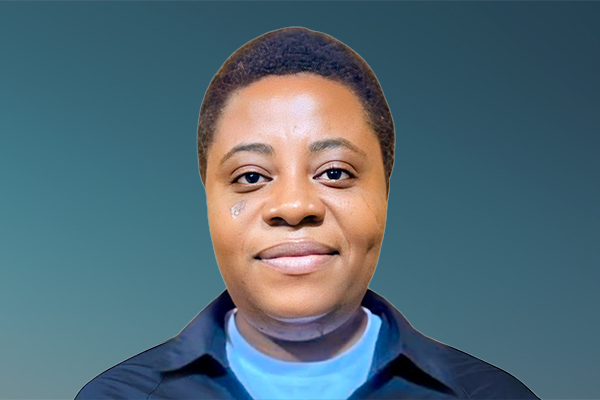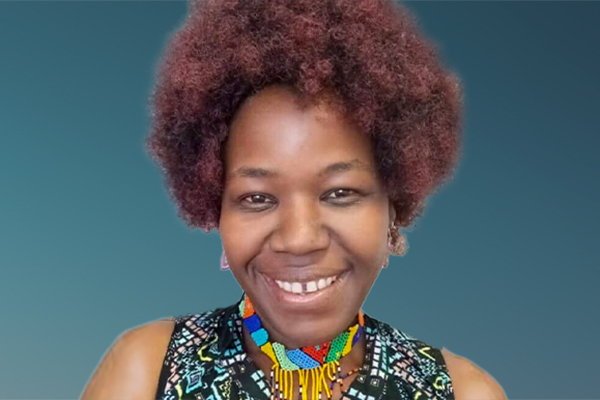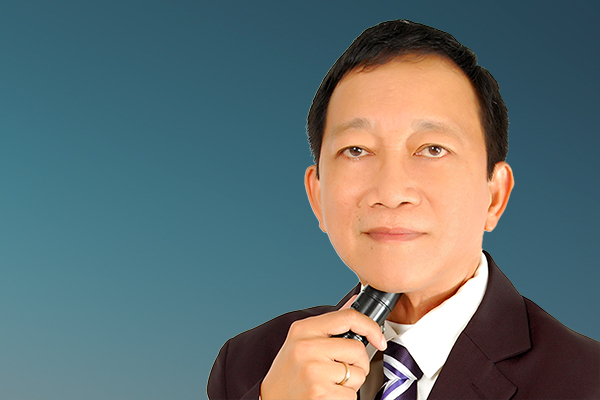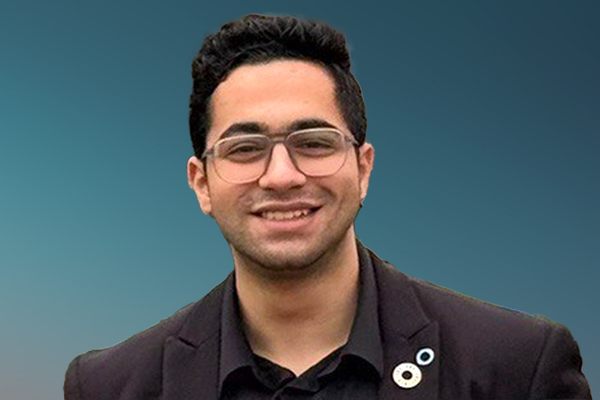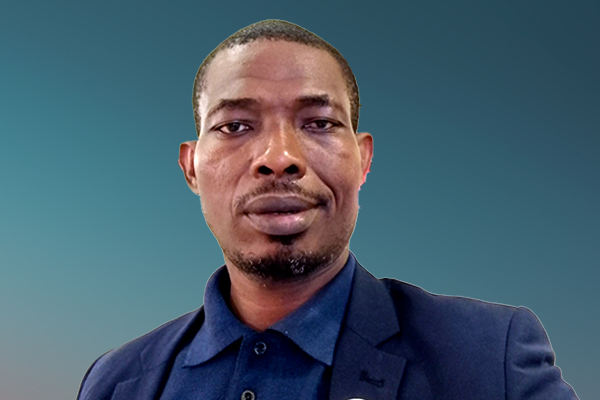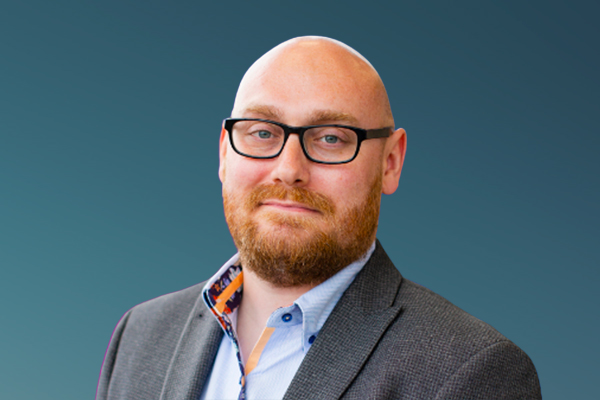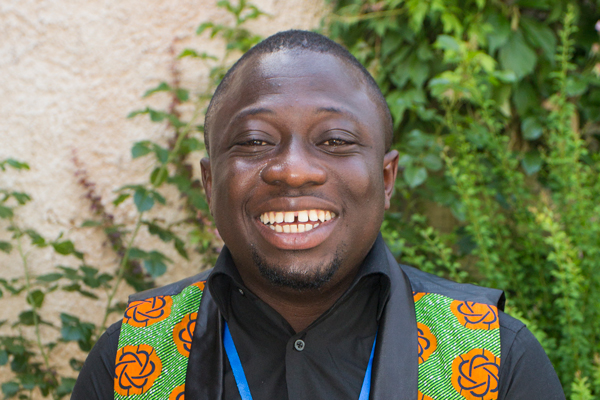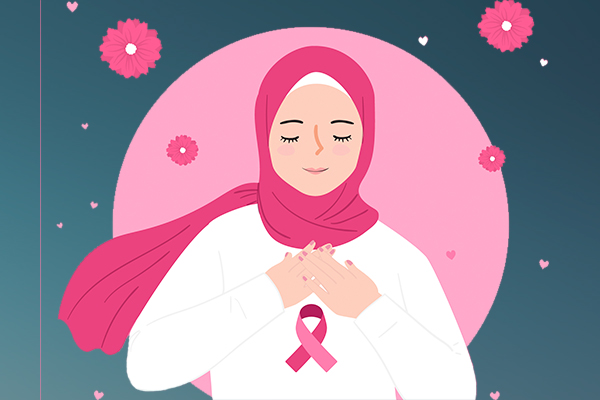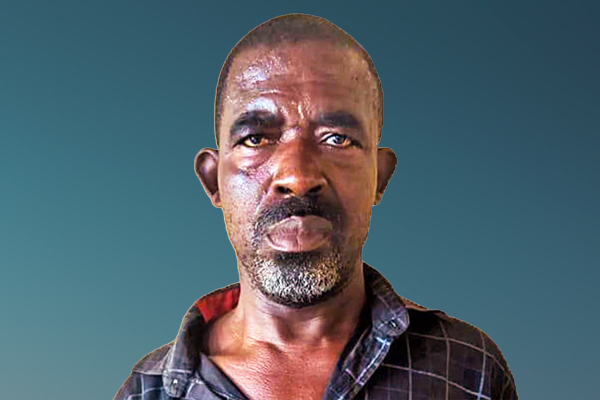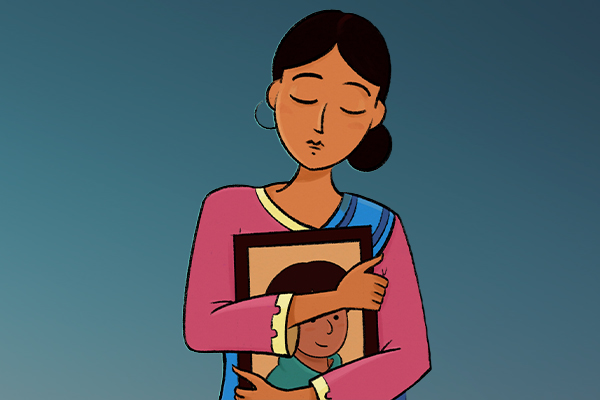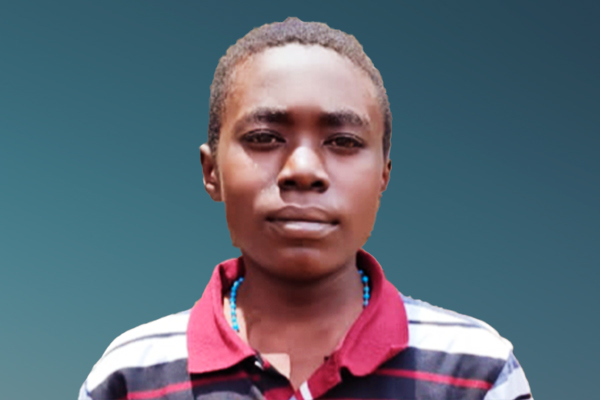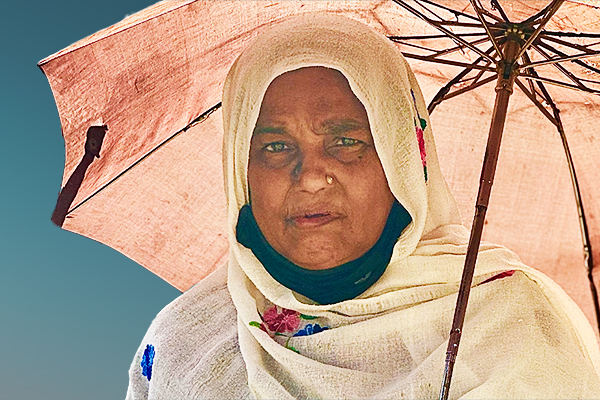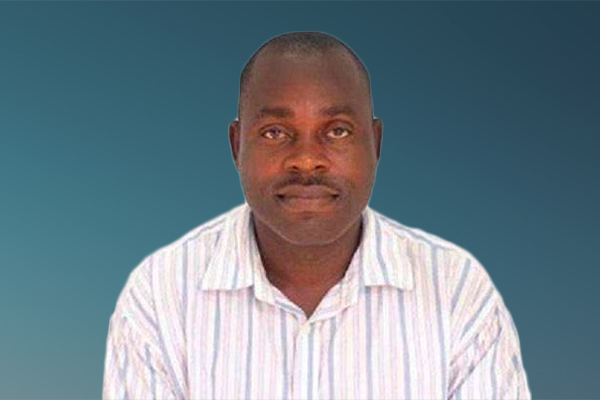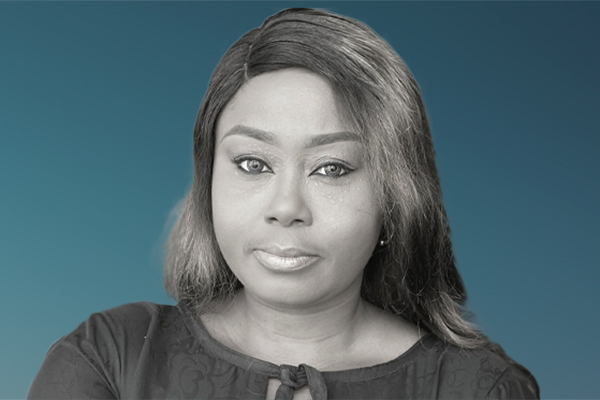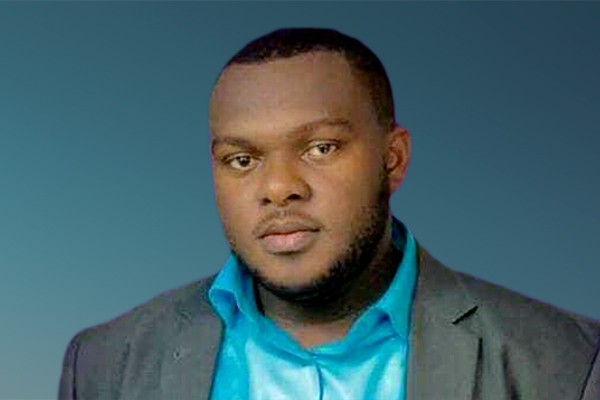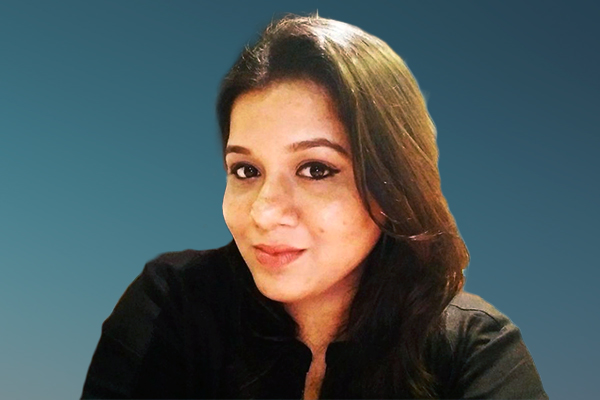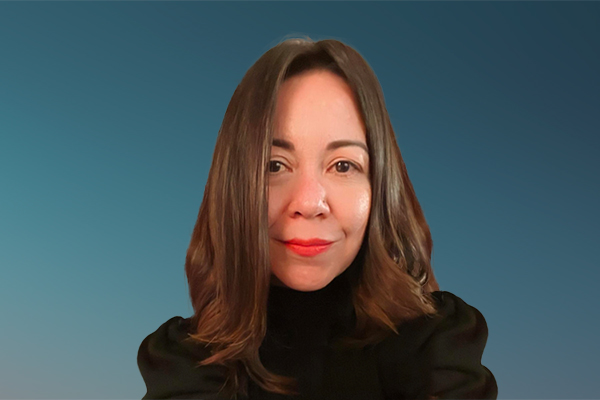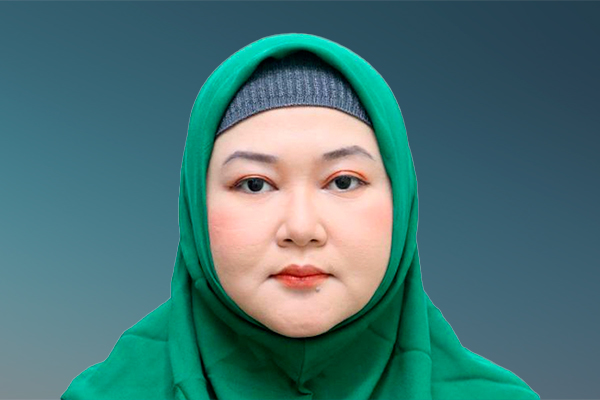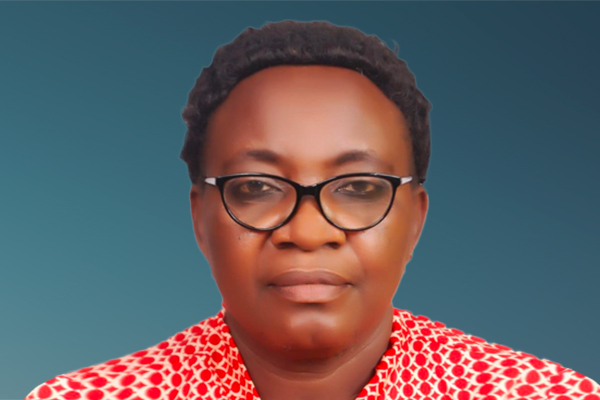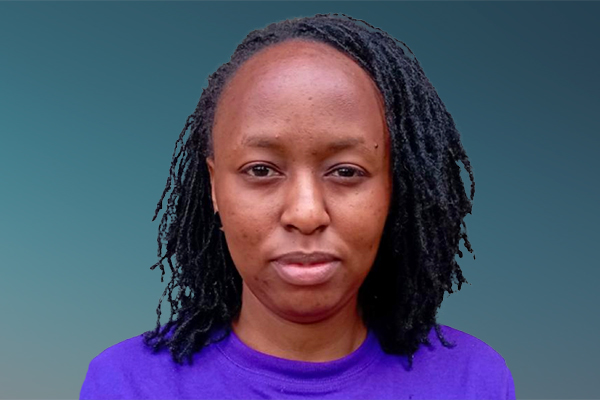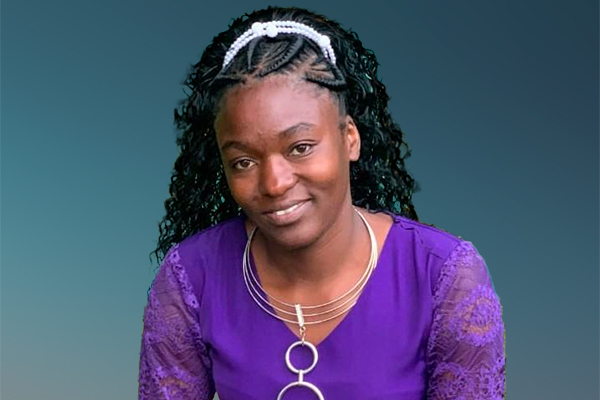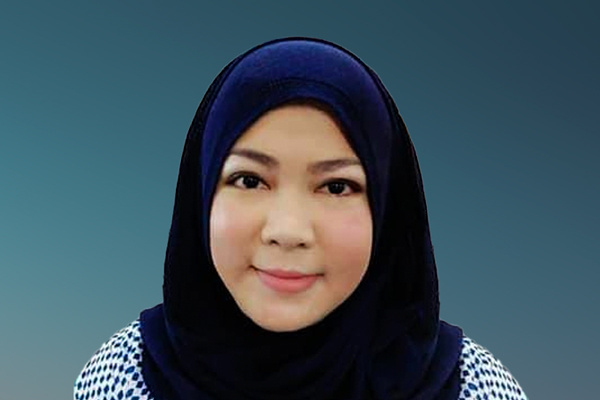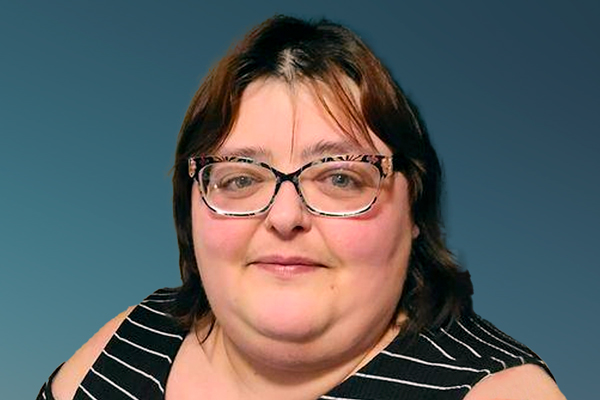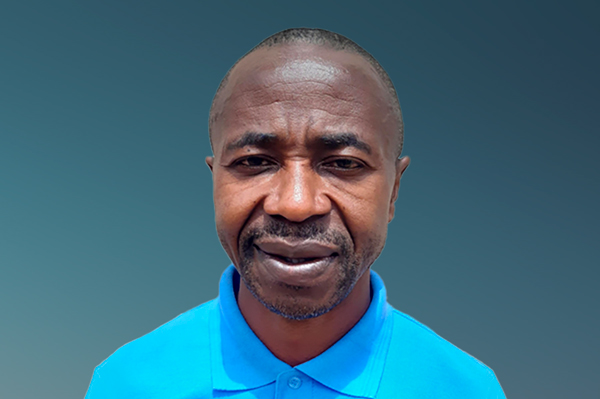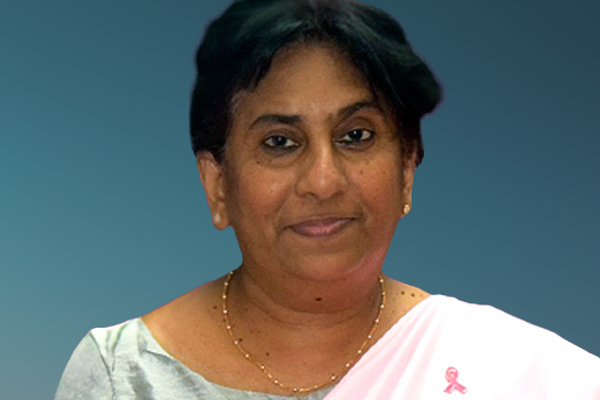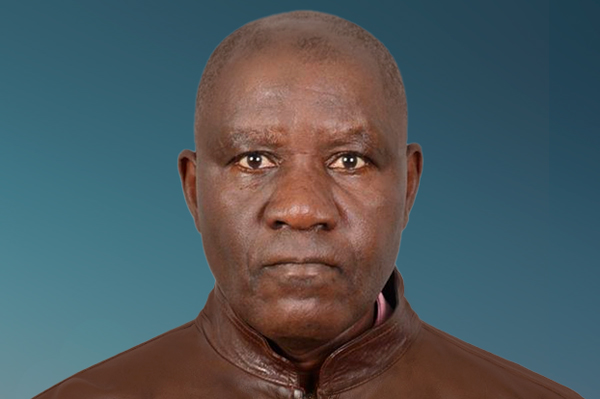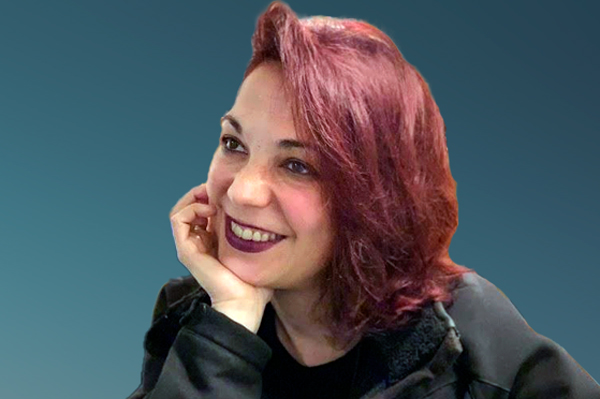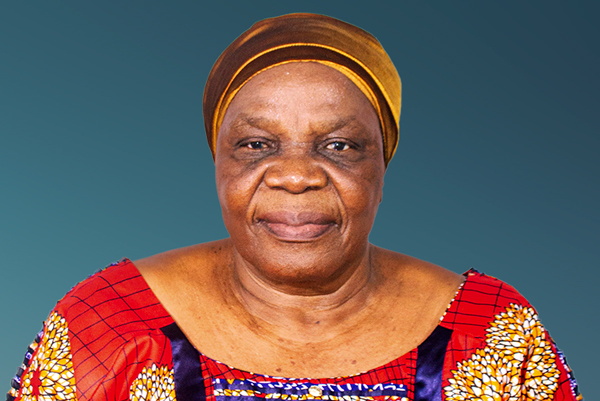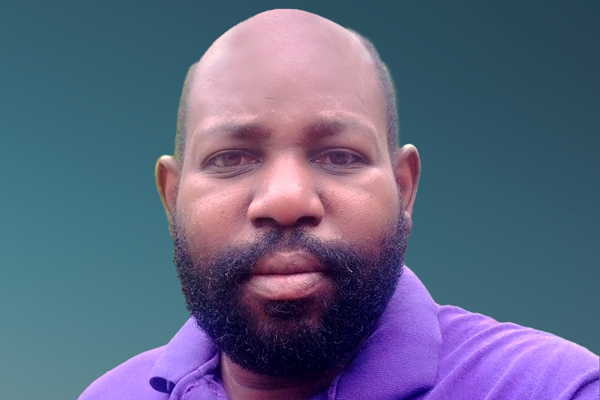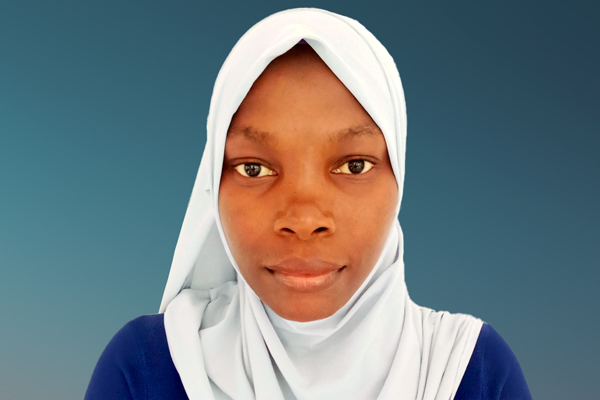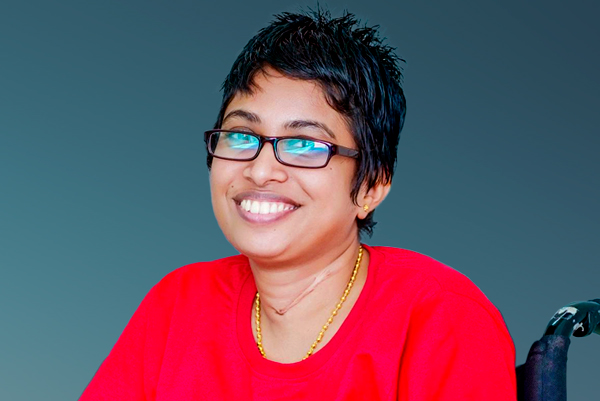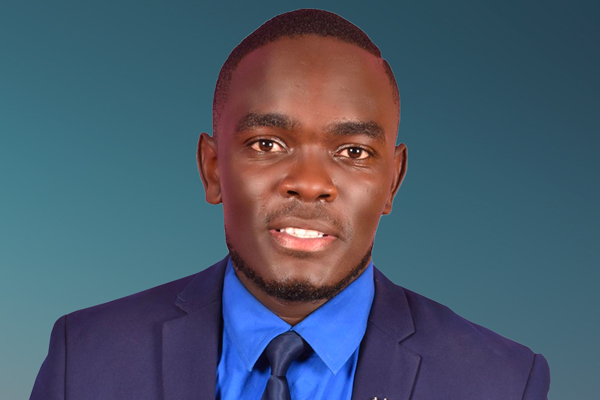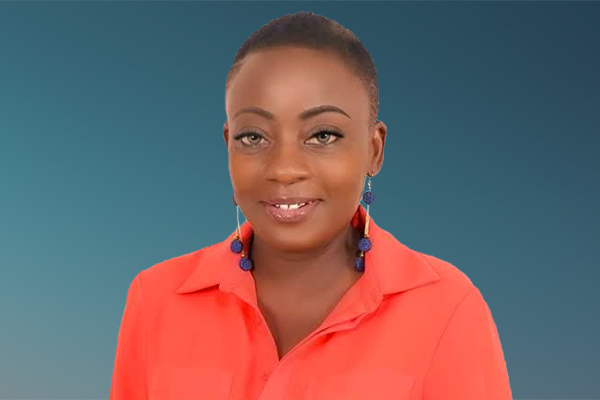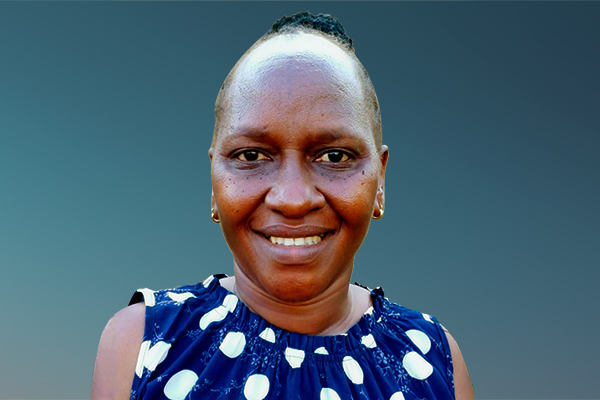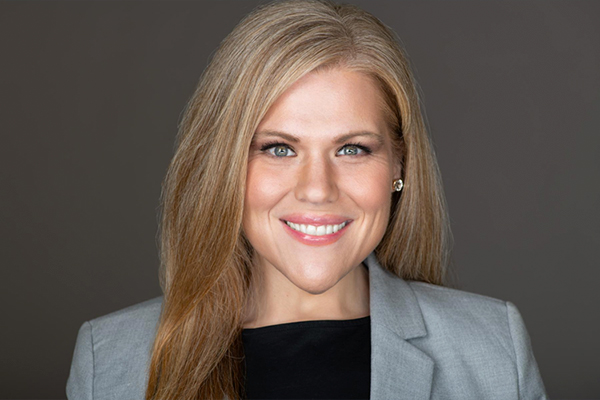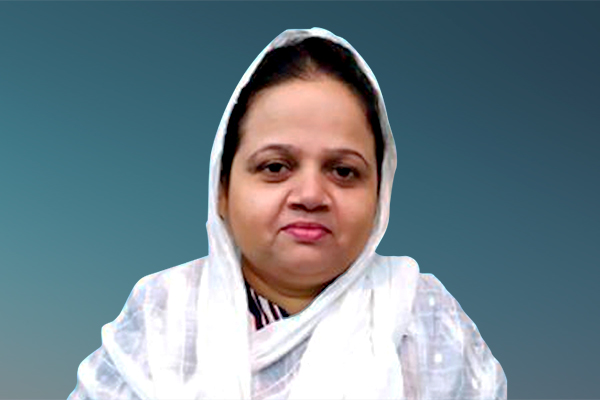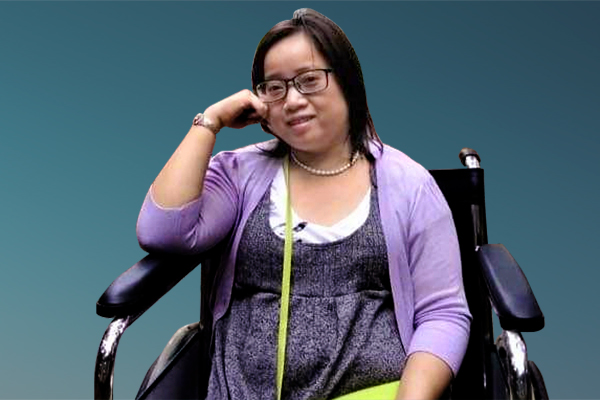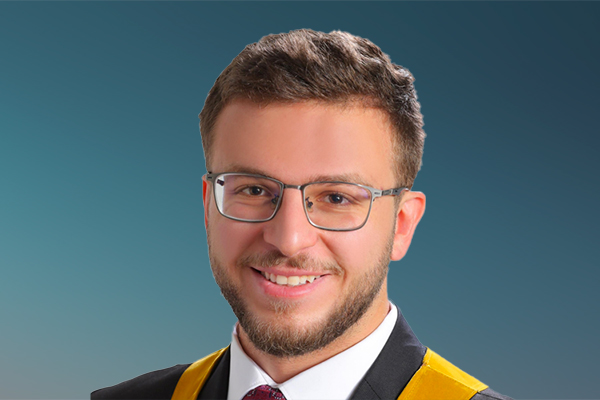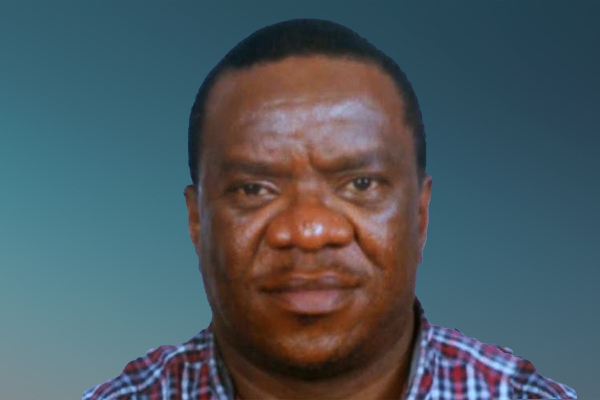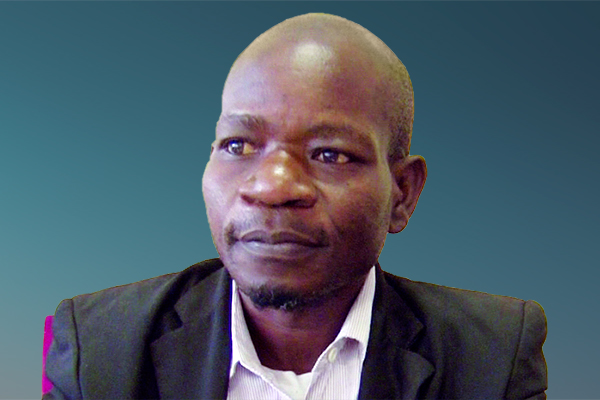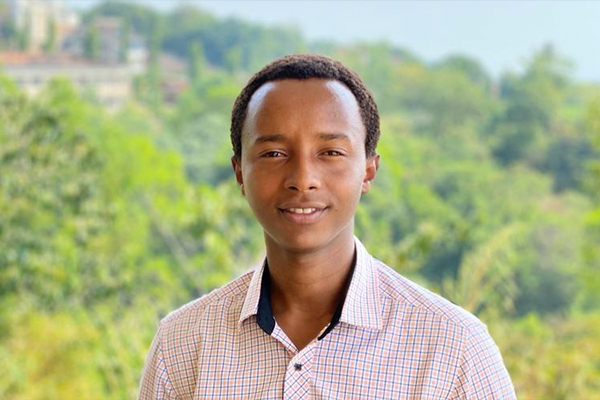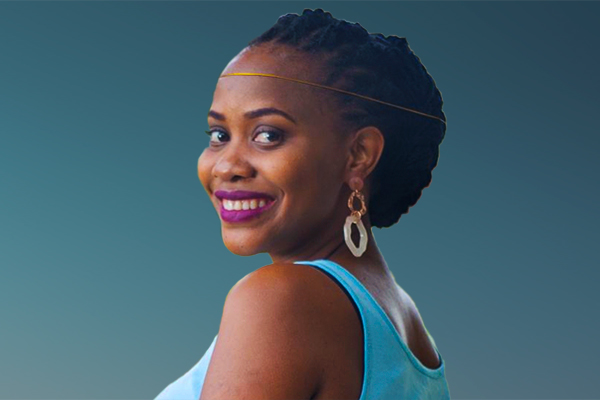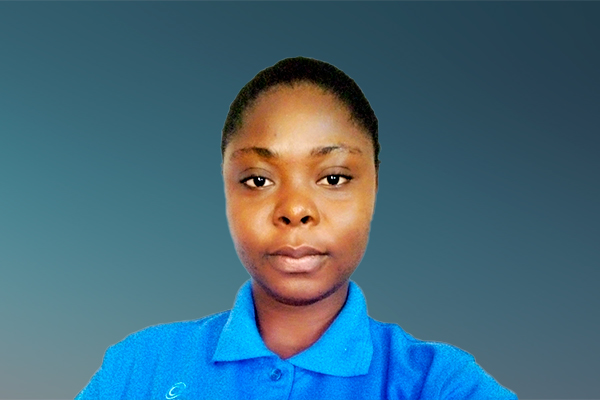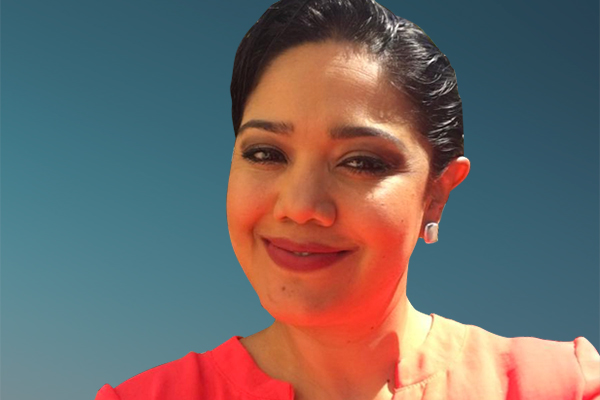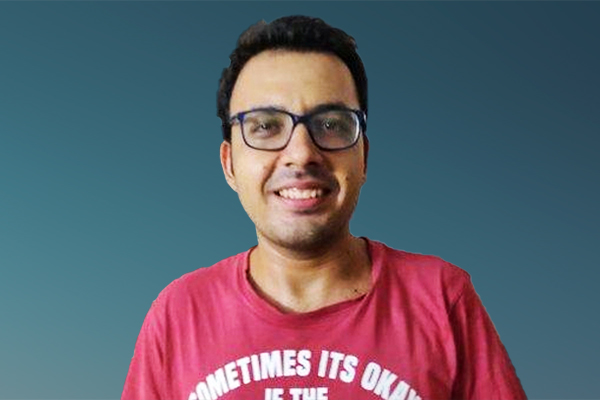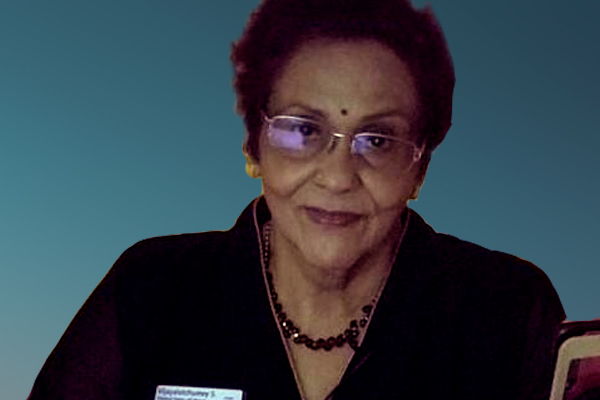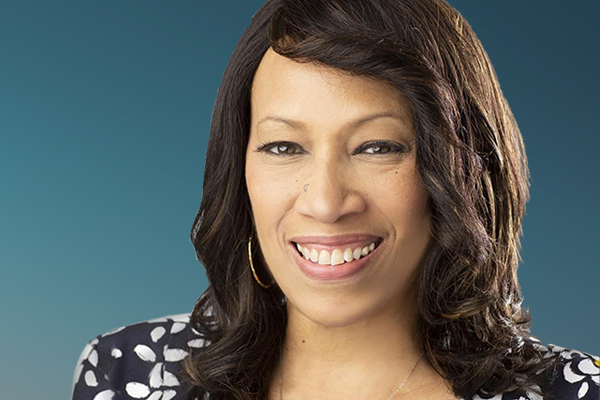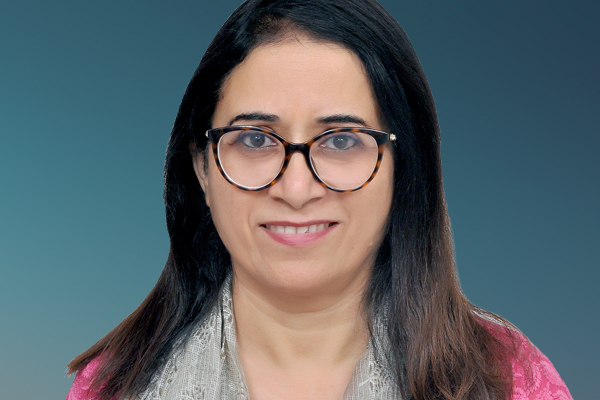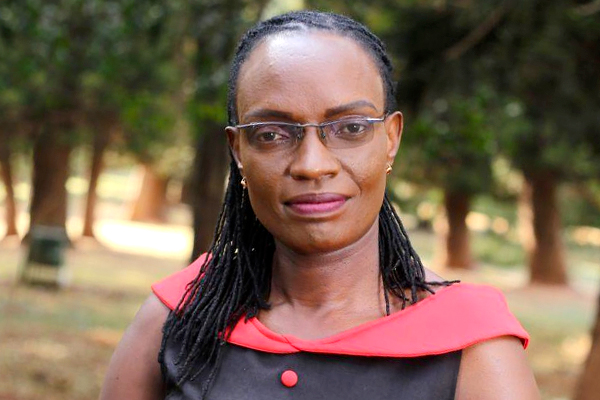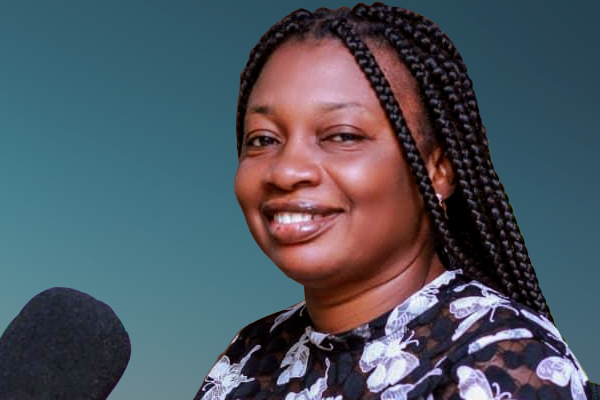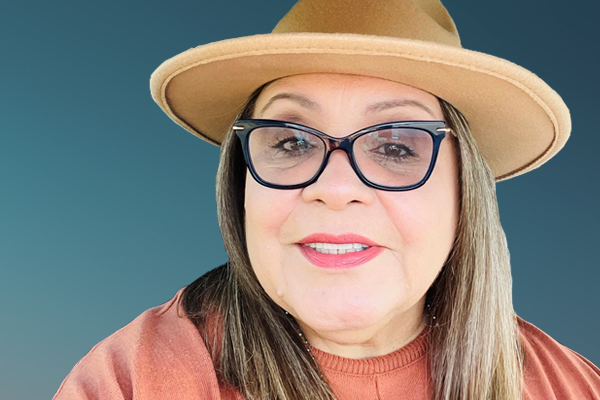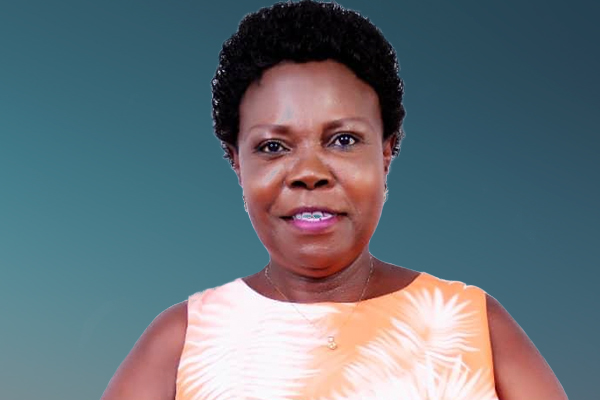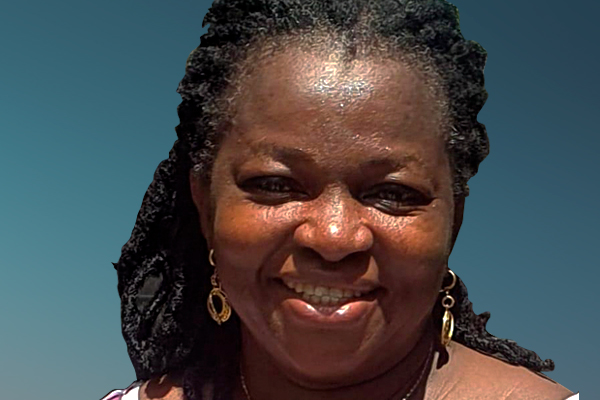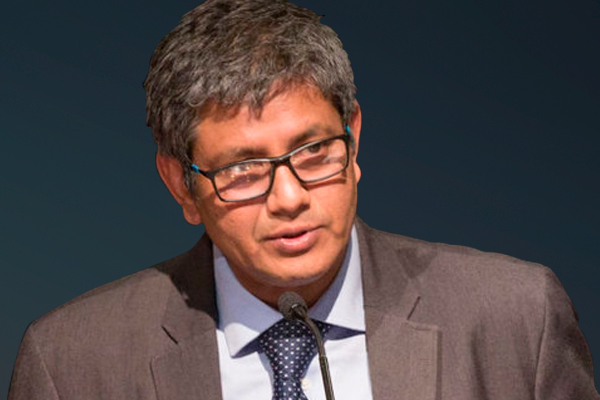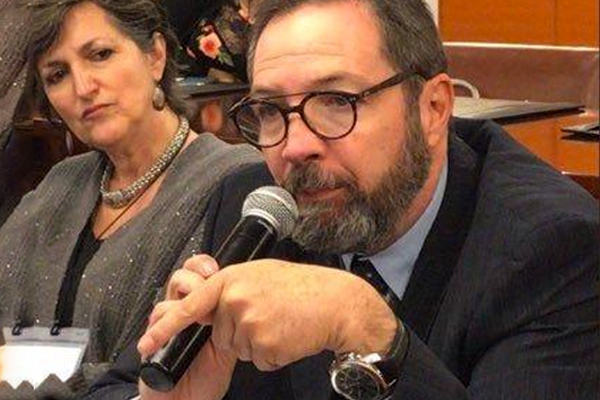Hello and welcome to the last and the final entry for my NCD Diary. In the first two entries, I shared my story about living with an NCD which is type 1 diabetes. I walked you through my story of diagnosis, the things that I felt were important during that period. We talked about NCDs, we talked about how it affects us as a community, not just type 1 diabetes but all the NCDs.
I’d like to bring your attention back to my diagnosis story which revolved around the issues of timely diagnosis and correct diagnosis. I feel deeply saddened when I hear cases of incorrect diagnosis of type 1 diabetes, which then leads to other NCDs and even fatalities. Right now, when we have access to all the support and care that can be given to a person living with type 1 diabetes available, misdiagnosis or a delay in diagnosis is something that we can totally avoid.
In low- and middle-income countries, like India, where Universal Health Coverage is limited and everything has to be paid out of pocket, living with an NCD like diabetes, definitely adds financial burden on not just individuals but families as well. The price of insulin has risen exponentially over the last two decades at a rate much higher than the rate of inflation. The pressing need of time is making insulin and related medical supplies affordable.
We famously know the story of Dr Banting, who discovered insulin. He refused to put his name on the patent for insulin because he felt that it was unethical for a doctor to profit from the discovery that would benefit so many lives. They sold the insulin patent for a mere one dollar. They wanted this medication to be affordable and accessible to everyone. But, like I said the price of insulin has just been increasing. One would wonder why is it so? Here is what pharmaceuticals would say:
a) cost of development, wait what? For a drug that has existed for over a Century?
b) overall market inflation, which in my opinion stems from an extended monopoly on life saving drugs and
c) high cost to support innovation, which I am unaware of.
I'd like to raise a call to action, for different stakeholders, to highlight what is important and what needs immediate attention:
- We can start with promoting basic education and awareness at grass-root level. This needs to start right from our homes and educational institutes. It should be considered to have an educational course that would focus on making prevention a priority and this should be encouraged for all healthcare providers and doctors to promote timely diagnosis and opportunistic screening.
- Involving people living with diabetes at all levels of decision making is the key. The issues that are important to them, like insulin availability, oral medication, medical supplies like syringes, CGMs, blood test strips, glucometers, pen needles, doctor visits, lab tests, should be prioritized.
- We need measures and laws that provide access to affordable and safe insulin, because for us it is equal to oxygen; if you live with type 1 diabetes you cannot survive without insulin.
- We need a government agency to oversee the pricing and make recommendation to insurance on the maximum price of a new or existing drug including insulin.
Concerted advocacy supported by healthcare professionals and organizations working with those living with diabetes so that our voices have the power to make the government and our leaders take some action against over-pricing of insulin and associated medical supplies. High pricing usually leads the patient to skip using insulin because they cannot afford it or rationing of insulin which can lead to a lot of complications and can be fatal at times.
We need to ensure that people living with diabetes can have good quality of life as everyone else, that they are not restricted from doing anything that they wish to just because they do not have access or they cannot afford certain drugs. We need to create more awareness about the availability of generic insulin, where they are available, in which government hospitals, support workers need to spend more time talking with the those living with NCDs and their families. Diabetes as an NCD is an invisible condition and the financial burden of it needs to be addressed. With that I would like to end my NCD diary. Thank you for listening to me. This is Snehal, diabetes advocate from India. Thank you.

